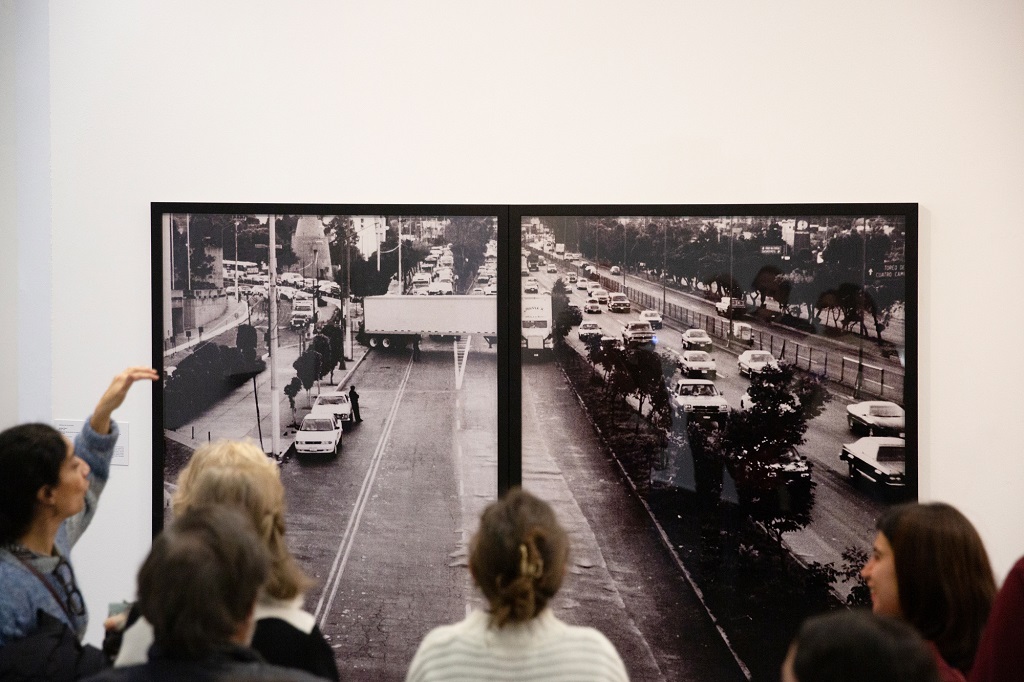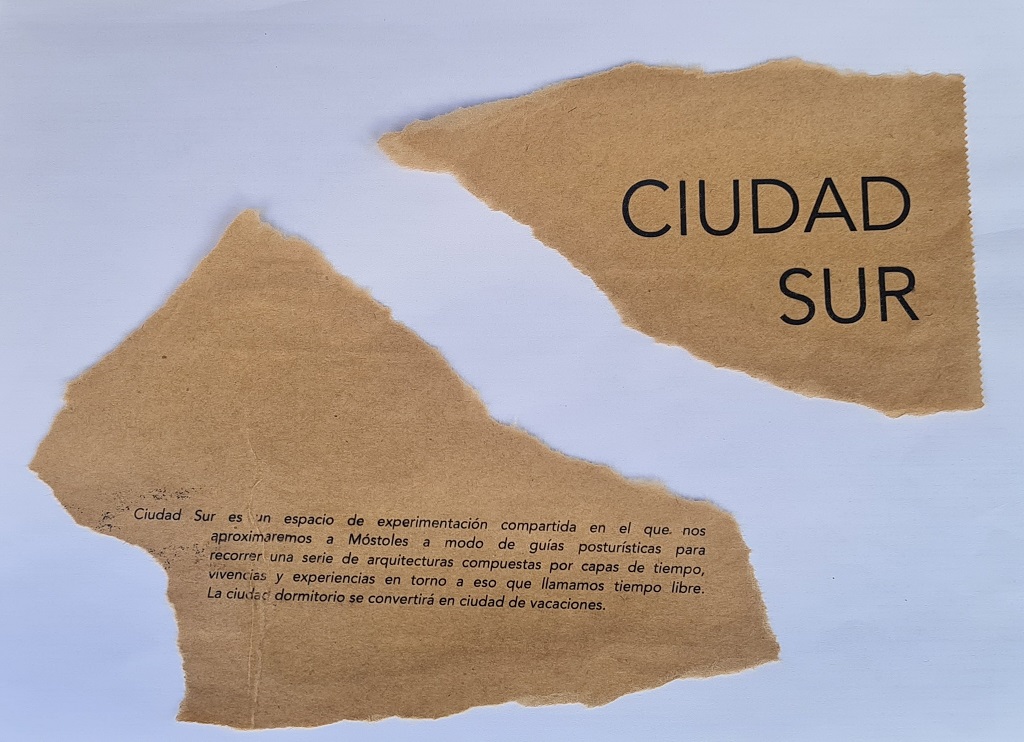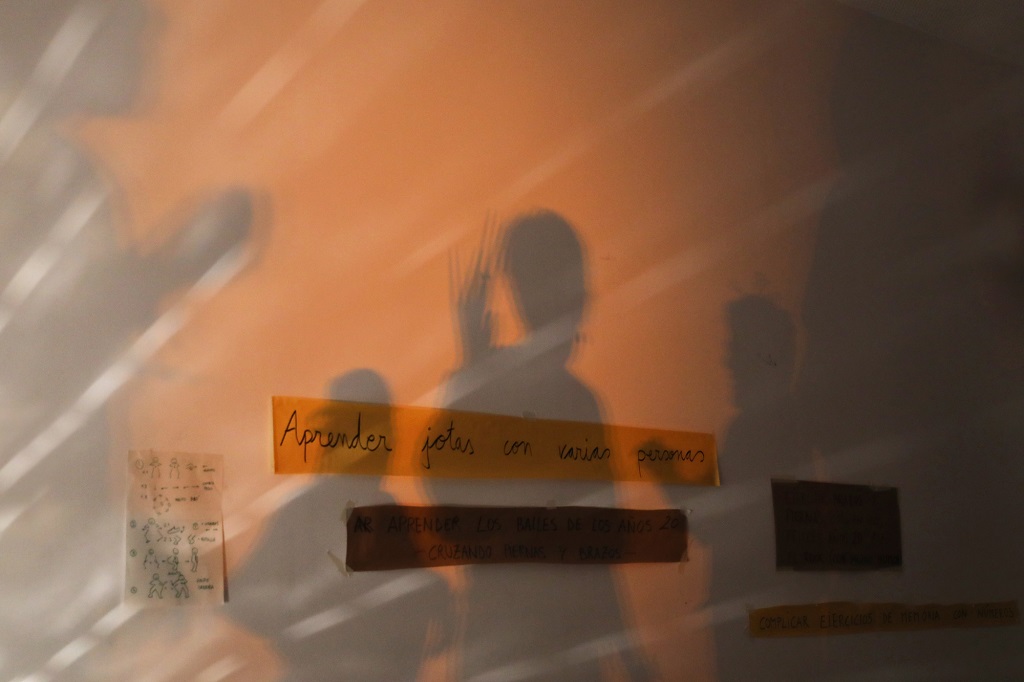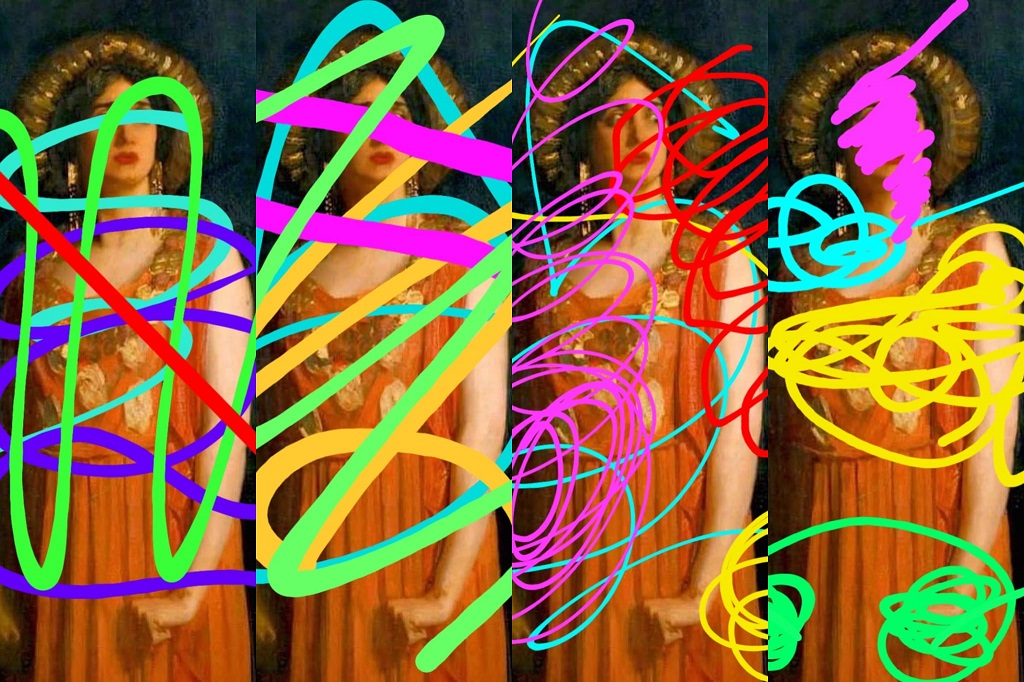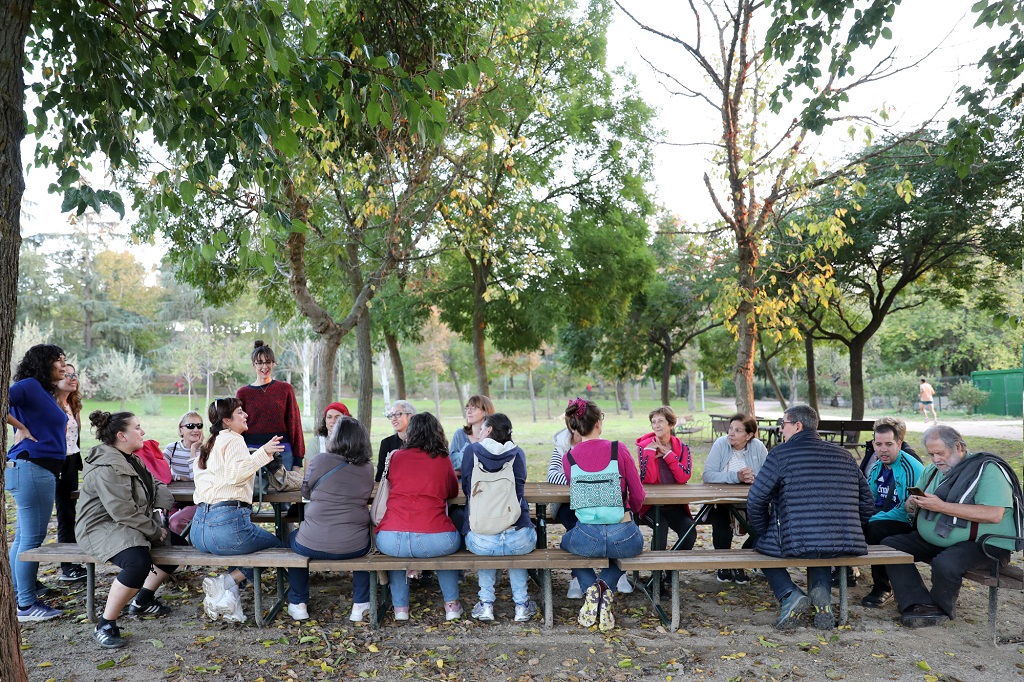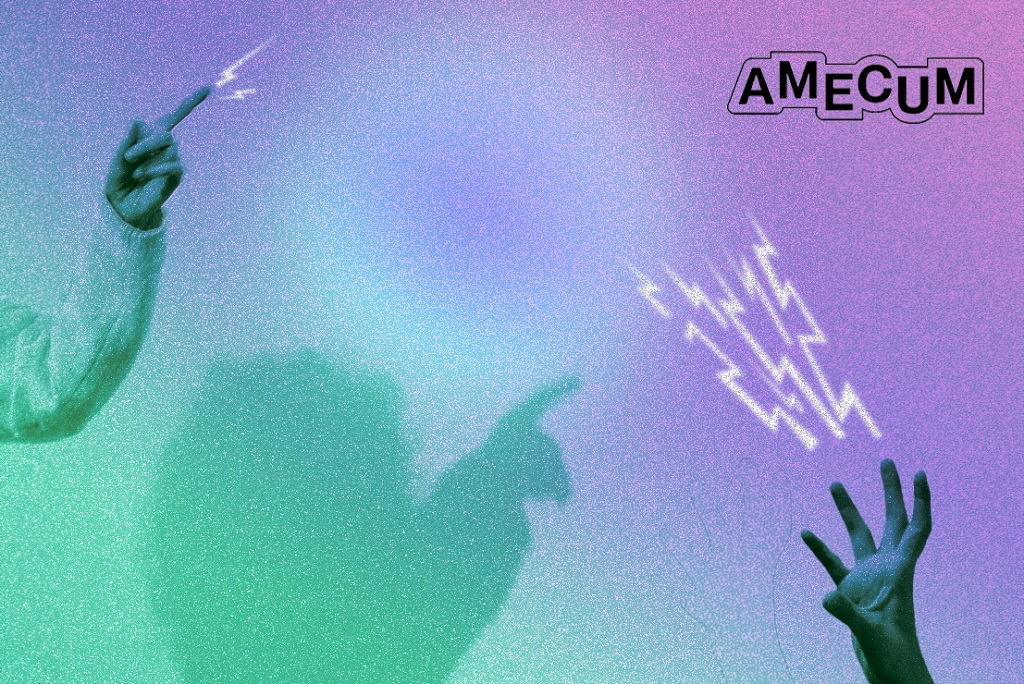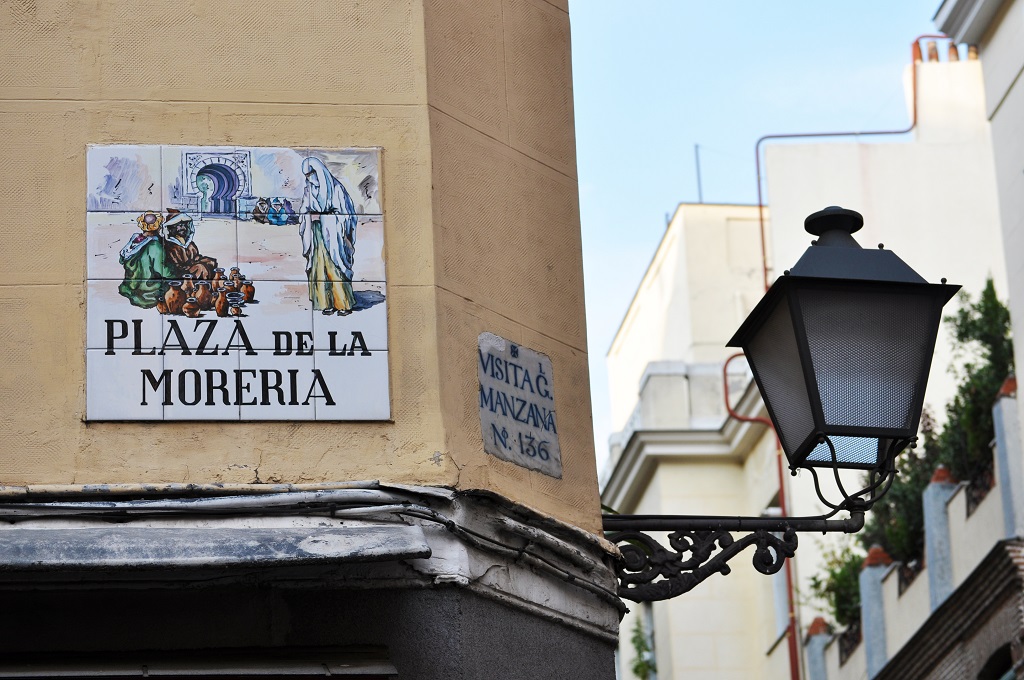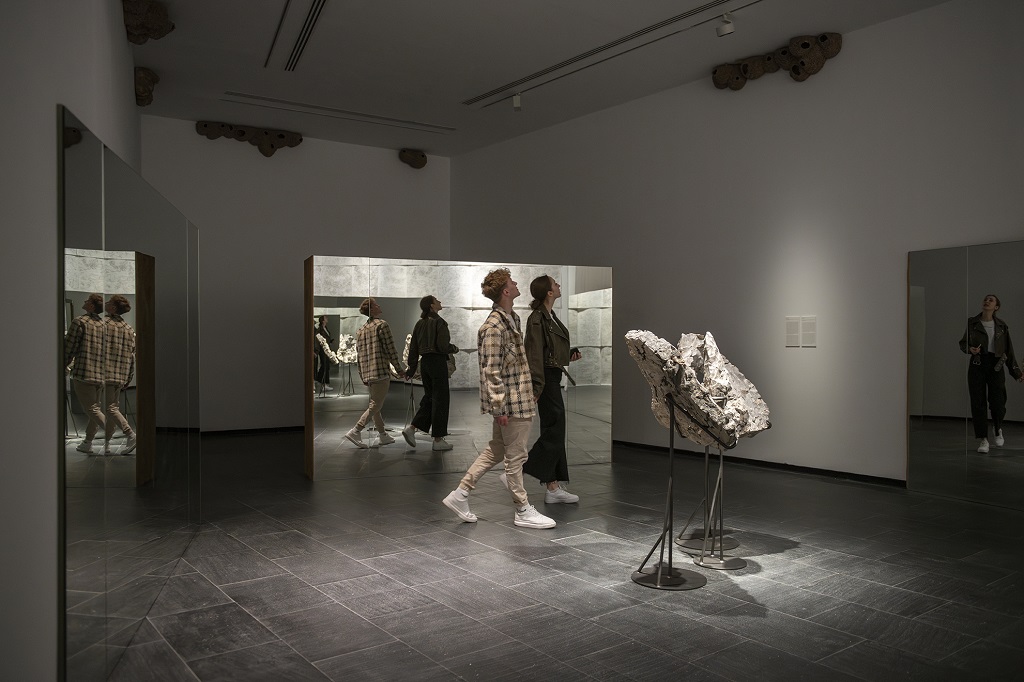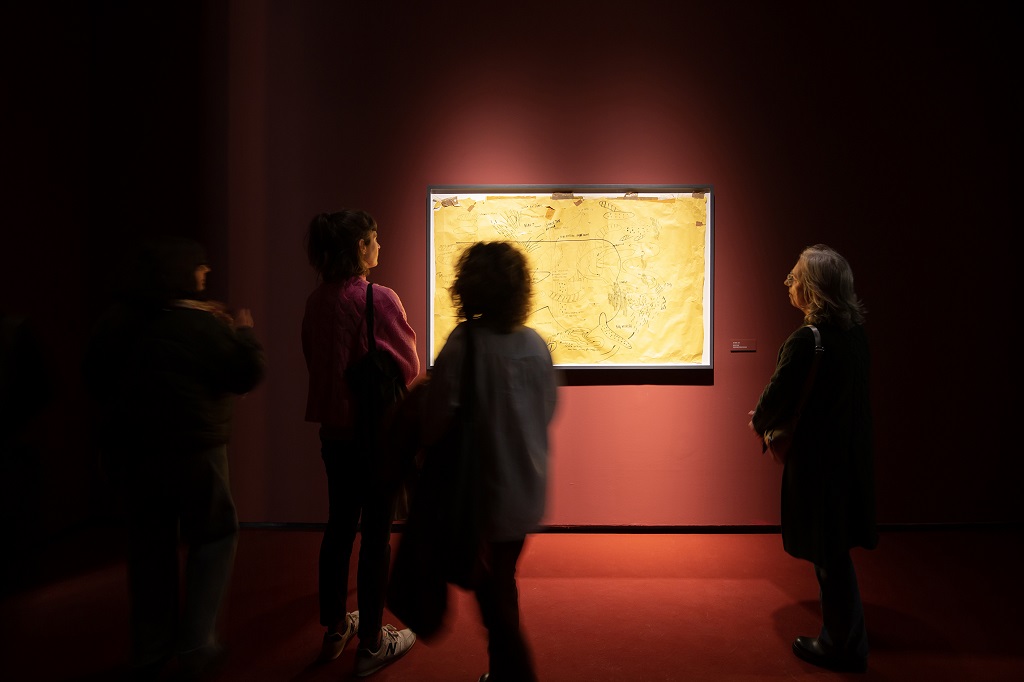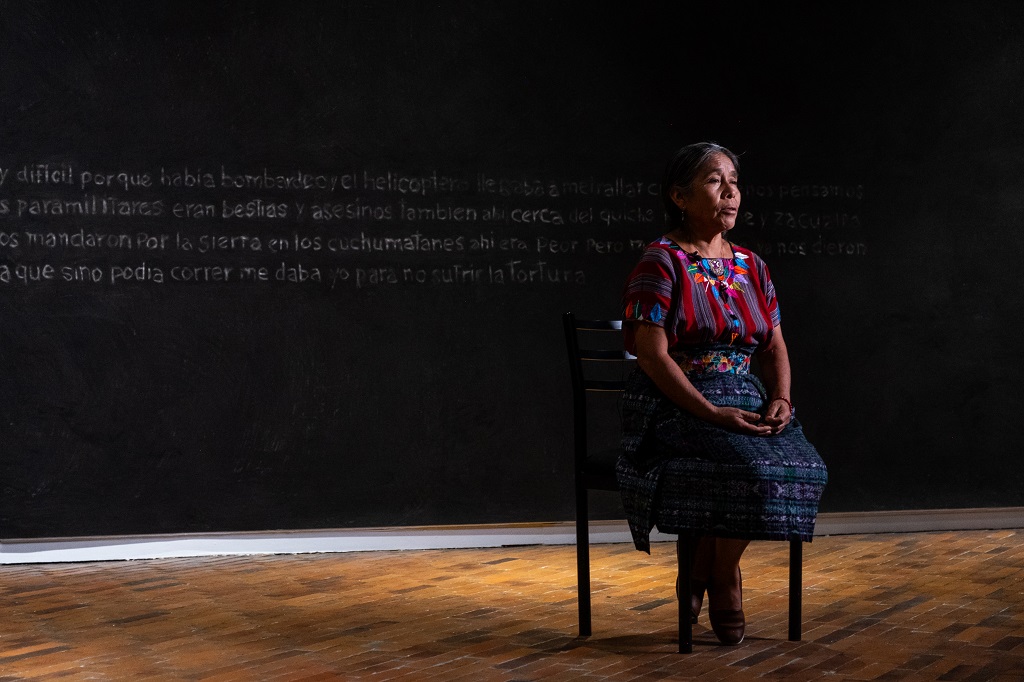Ciudad Sur is a space of shared experimentation that was launched in 2021 and aims to inquire into the many facets and riches that generate a sense of belonging in cities around Madrid’s outskirts, taking Móstoles as its point of departure.
In this fourth edition of Ciudad Sur, green is going to take us through different landscapes that that have marked the history of Móstoles and of what Móstoles is not in this and other times. With spectral green, we’ll take leaps through time in each session, which will propose a look at more specific issues in this city south of Madrid while also projecting it on a more global scale and connecting with other neighbourhoods and places in order to share and debate different issues that particularly concern us in this tumultuous political and social context.
In this 2024–2025 edition, the coordinators will once again be: Irene de Andrés, the La Liminal collective and the reporting of Blanca Sotos, accompanied by Estrella Serrano, head of the Education and Public Activities department at the Museo CA2M. Registration will be opened on the website at least 15 days in advance for participation in each session. The sessions are held on Tuesdays from 6 to 8 pm. The dates for this year’s edition are:
- 22 October
- 12 November
- 3 December
- 21 January
- 18 February
- 18 March
- 29 April
- 20 May
Irene de Andrés was born in one of the most popular destinations, the island of Ibiza, which has inevitably led her to inquire into the evolution of the concept of leisure and the very meaning of travel throughout history, from the first colonists to tour operators. Spas, cruise ships and discos are key settings for the artist, who uses films, sculptures and graphic works to create journeys through time and around different waters, connecting different historical deeds that make us reflect on the tourist consumption model, which is especially designed for the working class.
La Liminal is a cultural mediation collective which inquires into the city and uses urban routes as a tool for analysing the public space collectively. Our goal is to experiment with the urban landscape to suggest new interpretations that focus on the stories that have been rendered invisible over time, those that we have not valued, in order to build alternative discourses that are based on collective learning and allow us to reappropriate the idea of public space as a common good.
Blanca Sotos (Madrid, 1978) thinks, reads, writes, translates, corrects, edits and publishes different textualities. She has worked as an editor in ministries, publishers and museums and has directed artbook fairs. She has also taught courses and delivered lectures at the Casa del Lector-Matadero, CA2M Museum, Casa Encendida, Sala Mendoza of Caracas, Centro Nacional de las Artes of Mexico, Centro Cultural de España in Mexico, Tenerife Espacio de Artes, Universidad Nacional Autónoma de México and the Community of Madrid. She has directed marcablanca since 2018, and she and Ramón Mateos are in charge for the first edition of MiraLookBook, the International Meeting of Publications Specialising in Contemporary Culture. She is currently a professor at American University and is pursuing a PhD in the Faculty of Philosophy at the Complutense University of Madrid.
Acceso notas adicionales
APERTURA DE INSCRIPCIONES 30 SEP
Entrance
Ciudad Sur is a space for shared experimentation in which, taking Móstoles as a starting point, we want to investigate the many faces and the many riches that generate a sense of belonging in the cities of the metropolitan area of Madrid.
CIUDAD SUR. GREEN SPECTRUMS: FROM THYME GREEN TO RADIOACTIVE GREEN
